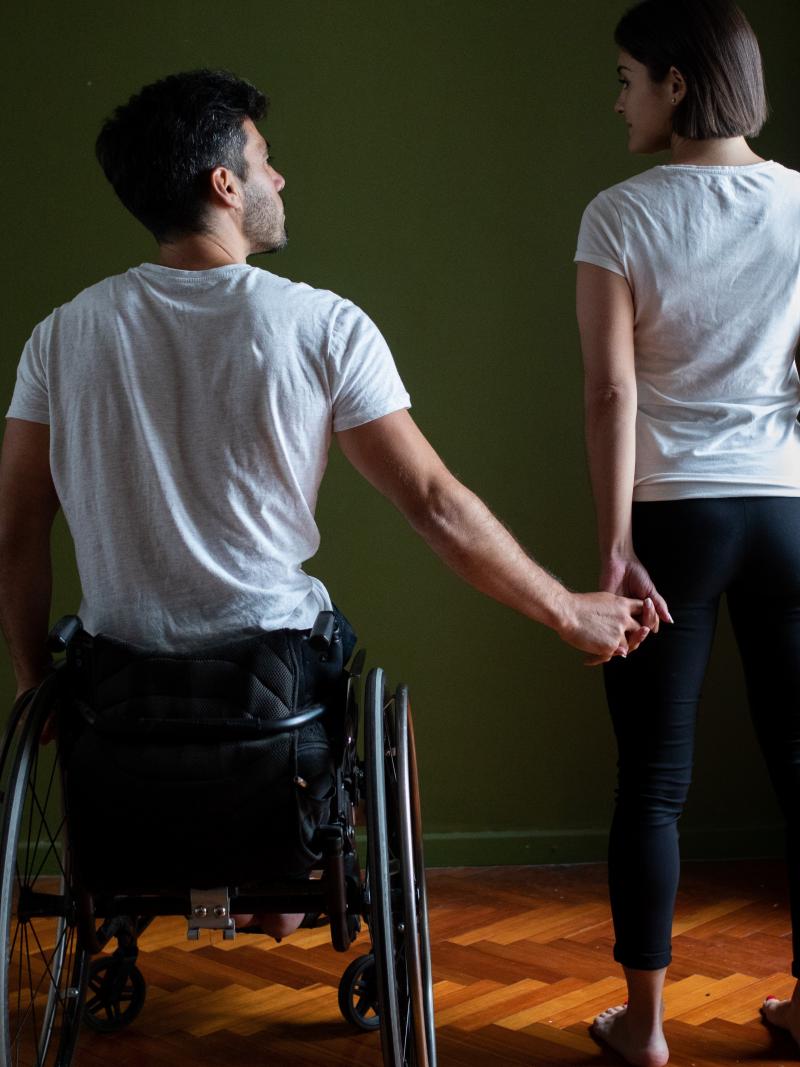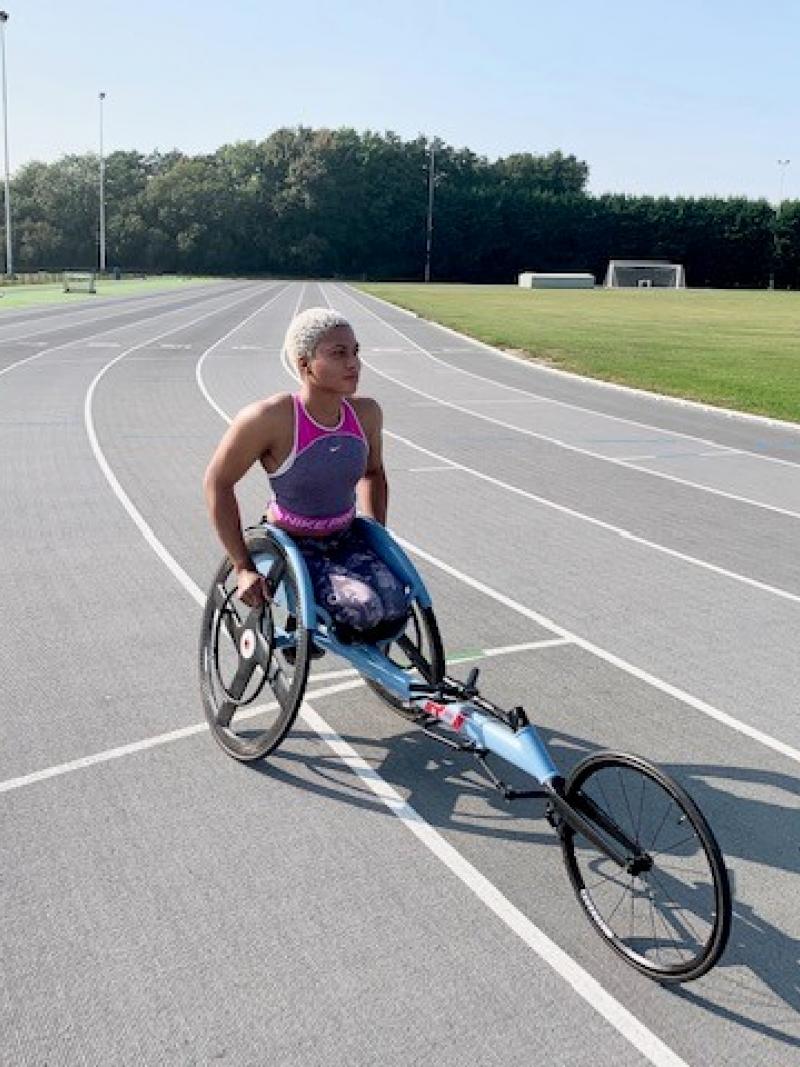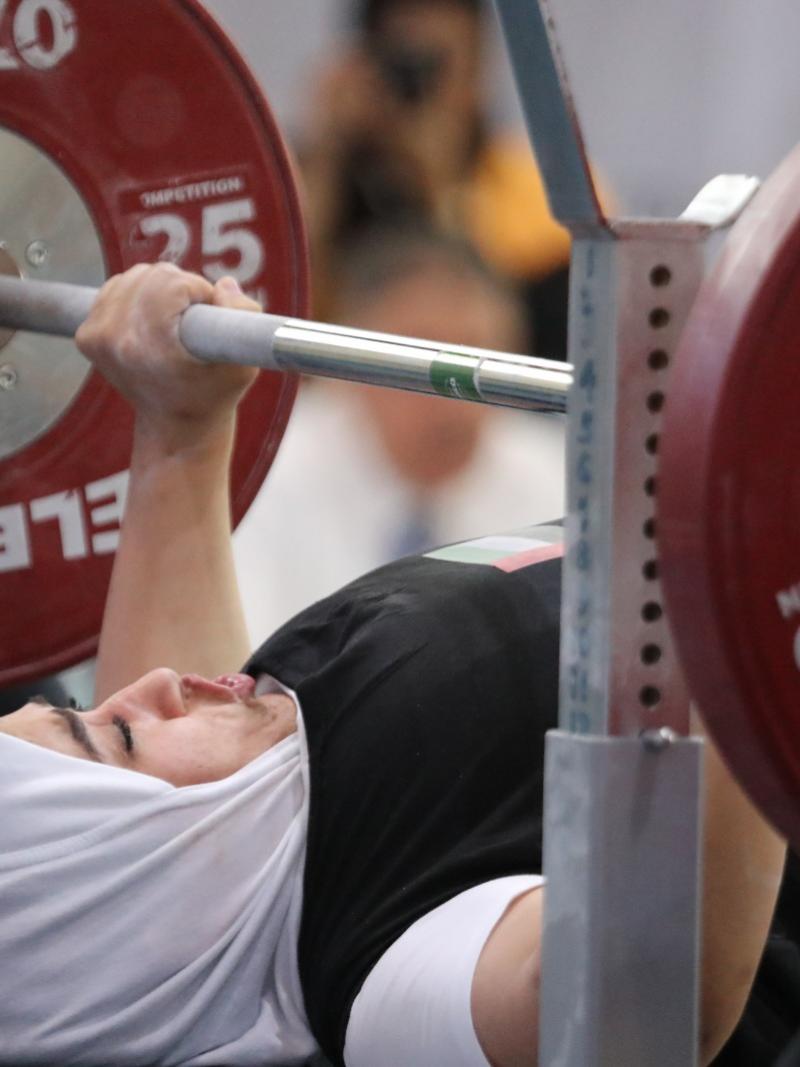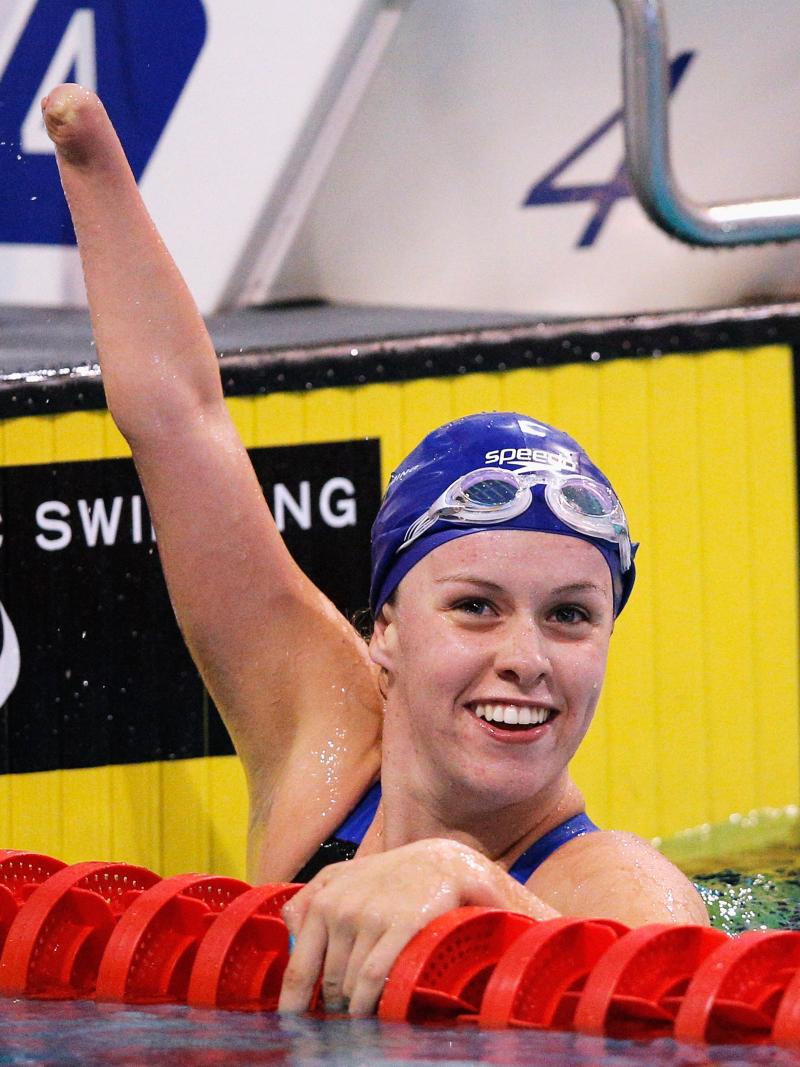Hear my voice: Being open about mental health struggles is OK
Former British blind footballer Keryn Seal talked to someone about his own struggles, and it was the beginning of his journey to feeling better 23 Jan 2021
After recently speaking out about my own struggles with mental health in a post on LinkedIn, I was overwhelmed to receive numerous texts, calls, DMs (direct messages), and voice-notes of support from friends and former colleagues, alike. Some, to say “thank you for being honest.” Others to ask if they could help in any way. However, the majority of people reaching out said they felt exactly the same way. I’m writing this because mental illness is a battle many people face, but few speak up on.
It’s time we normalise being open with our own struggles and asking for the help we deserve.
My last Paralympic Games with the British football 5-a-side team was that glorious London summer of 2012. We finished seventh, and though my own performance is unlikely to be remembered by anyone other than a blood relative of mine, that experience plus my first Paralympics in 2008 still holds a special place in my heart.
I continued playing internationally until 2018. During my football career, I experienced intense periods of depression. But sport helped me get through, and I managed with exercise and a good nutrition.
In the working world, I made tremendous professional growth that led me to a leadership position in the cyber security industry, where I head up account management of government and enterprise clients. I owe much to my previous employer Air Marketing and current Serbus, for taking a chance on me and my relative lack of sales experience and looking past my disability. Few athletes are given this kind of chance, and even fewer still with a disability. I recognise that I am privileged in this respect, and grateful for the opportunities to prove myself in this way.
Inspite of having a hugely supportive employer and a healthy loving family around me, I have recently been battling a bout of depression that could be classed as severe when compared with my previous experiences of the illness. It has left me feeling extreme lethargy, an urge to sleep for large parts of the day, and no motivation to exercise or leave the house. I get sporadic waves of anxiety relating to the current pandemic and its effect on loved ones. This has led me to be reclusive and withdrawn at home, as well as developing an unhealthy dependence on alcohol in recent times.
I have my health, my family, a good job and employer. Yet I still feel this way - but that is OK.
It’s OK not to feel OK. It’s OK to tell somebody you are not OK. It is even more OK to ask for help – which is what I did last December.
After another morning of working from my bed and not wanting to dress or wash, I decided enough was enough and called my doctor. They were excellent in the way that they just listened, asked questions about my life, and asked me what I wanted to achieve from any treatment.
We are into the second month on, and I can say I’m feeling a lot better with a course of cognitive behavioural therapy, counselling in place, increase in meds and a total stop on alcohol.
But most importantly, the biggest reason for feeling better was knowing I had finally told somebody how I felt and realising that it was OK to feel this way. This for me was the best way my family and friends could be supportive - by simply listening and being there for me to talk it out.
There may not be a particular reason for feeling the way I am, and sometimes there is a larger trigger for anxiety or depression. Either way, we have to normalise being able to admit we are suffering, and understanding help is on hand if we ask for it.
As athletes we are fearful of admitting weakness to ourselves or others, and often keep secret any symptoms of decreased mental health – but arguably, we wouldn’t keep secret a broken leg or torn hamstring. We’d tell our doctors, get a treatment plan, do the rehab, and the same attitude needs to apply with our minds. Let’s ask for help if ours gets injured. Feeling better is just a call away.










